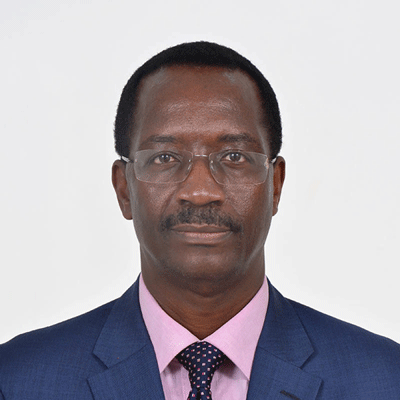×
The Standard e-Paper
Home To Bold Columnists

Chris Oanda Chairman of Kenya Institute of Supplies Management [Courtesy]
The quest to supply quality goods and services has pushed organisations to adapt progressive management practices in procurement and supply chain processes. Essentially, the quality considerations that have been built into the procurement process are designed to ensure price and technical specifications are aligned to enhance quality and sustainability.